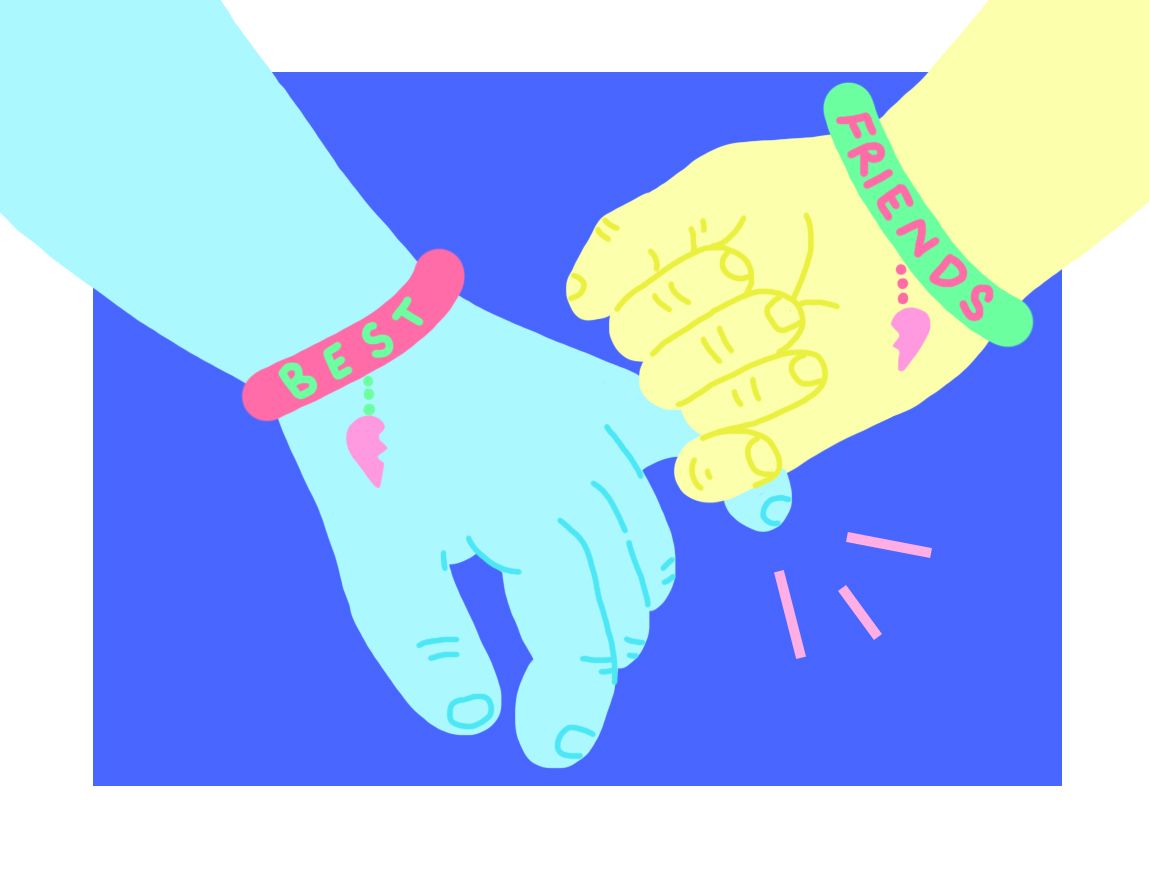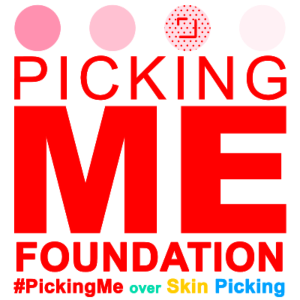
A support system comprised of empathetic friends who are sensitive to the condition and are willing to look out for the well-being of the Dermatillomania sufferer is an invaluable tool.
However, in a world where fitting in often becomes a higher priority than standing out, fostering an environment where Dermatillomania can be talked about candidly and then supported appropriately is exceedingly difficult.
Especially the first time sufferers must explain to their friends why their skin is ripped up or polka-dotted, why they retreat to the bathroom so often, and/or why they constantly don Band-Aids all over their bodies.
Here are some tips that will allow you to conquer that first conversation with your friends about your Dermatillomania.
- Anticipate that at some point you will get questions from your friends about your Dermatillomania. Know beforehand how you plan to respond to these questions, but also know which questions you are comfortable answering and which you want to deflect and have a strategy on how to deflect them.
- Know that you are talking with a friend whose reaction will most likely be decidedly less judgmental, negative, or awkward than you are playing it up to be in your head.
Picking Me Foundation CEO and Founder Lauren McKeaney's situation is unique because she is much more open to sharing than others. This philosophy manifests itself in how she runs her foundation where her mission is to encourage advocacy, dialogue, and self-ownership.
“For me, I was really excited about answering this question about what’s with my skin with my friends,” McKeaney said. “For such a long time we haven’t known or been able to have an answer to this question. But getting the diagnosis and having the term I was thrilled to share what it was and probably talked their ears off about the disorder.”
Despite McKeaney's enthusiasm, always remember that it’s at the full discretion of the sufferer in regards to who they choose to share with and how much they choose to share.
Once there is an established understanding of what Dermatillomania entails, how can a person continue to show support for their Dermatillomania-suffering friends?
- Familiarize yourself with the condition.Taking time to do this shows that you care and will help you avoid ignorant comments.
- Don’t point out that a Dermatillomania sufferer is having good or bad days with their skin. McKeaney explains.
“If my skin is less picked at the moment, I don’t want it called out or addressed because it puts a level of good or bad versus picked or not picked skin," McKeaney said. "Maybe take the onus off whether the skin is looking great or bad, but if you do want to comment on it talk about progress or support or understanding."
- If the Dermatillomania sufferer is comfortable with this, friends can be an ally in neutralizing skin-picking triggers.
“Maybe you set up an incognito fidget hand-off," McKeaney said. 'If this person notices your hands kind of roaming around maybe it's okay if they slip you a tangle or a fidget toy as a way of noticing what’s going on here and discretely helping out.”
- If you are a close friend of a Dermatillomania sufferer, neutralizing triggers at your house before they come over is a thoughtful and effective way to show support. Covering mirrors or dimming lights are low-effort ways to make this happen."
